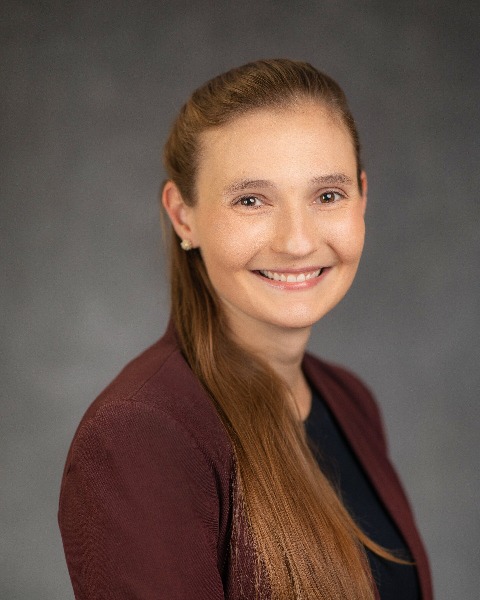Academic and Research Skills
Education Pathway
Medical Education
Social Media & Technology
Trainee Pathway
2235 - Captivating Audiences Big and Small: Harnessing Cognitive Load Theory and Technological Tools to Enhance Learning
-

Rachel Poeppelman, MD, MHPE (she/her/hers)
Assistant Professor
University of Minnesota Masonic Children's Hospital
Minneapolis, Minnesota, United States -

Justin Triemstra, MD, MHPE
Assistant Professor of Pediatrics and Human Development
Pediatrics
Spectrum Health/Michigan State University
Grand Rapids, Michigan, United States -
AV
Anna Volerman, MD (she/her/hers)
Associate Professor of Medicine and Pediatrics
University of Chicago
Chicago, Illinois, United States
Leader(s)
Co-Leader(s)
Pediatricians teach trainees and colleagues in clinical and non-clinical settings, and now, increasingly, through a digital, or hybrid, platform. To teach effectively, pediatricians must apply techniques that improve engagement and understanding of learners in one-on-one, small group, and large group settings, both in person and remotely. This workshop reviews principles of effective instructional design using cognitive load theory, a framework for educators to optimize the attention and performance of learners. This framework provides the foundation to discuss practical approaches to enhance the design of instructional sessions, allowing pediatric educators to move beyond facilitating knowledge gains and toward promoting knowledge retention and application. The workshop will also specifically highlight literature regarding cognitive load theory and multimedia learning, particularly relevant to teaching on a digital platform. The workshop consists of a series of four short lectures interspersed with small group activities. It begins with an introduction to cognitive load theory, followed by a review of best practices for applying cognitive load theory to instruction. Concepts are illustrated using the example of learning to cook. We will then shift to demonstrating available and emerging technological tools used to augment learning and optimize cognitive load. Demonstrated tools will include audience response systems, live online discussions, and social media tools. Facilitators will share real-life experiences during small group activities and discussion. At the conclusion of the workshop, participants will have a toolbox of principles and strategies to optimize leaner engagement and understanding in their daily clinical and teaching activities.
